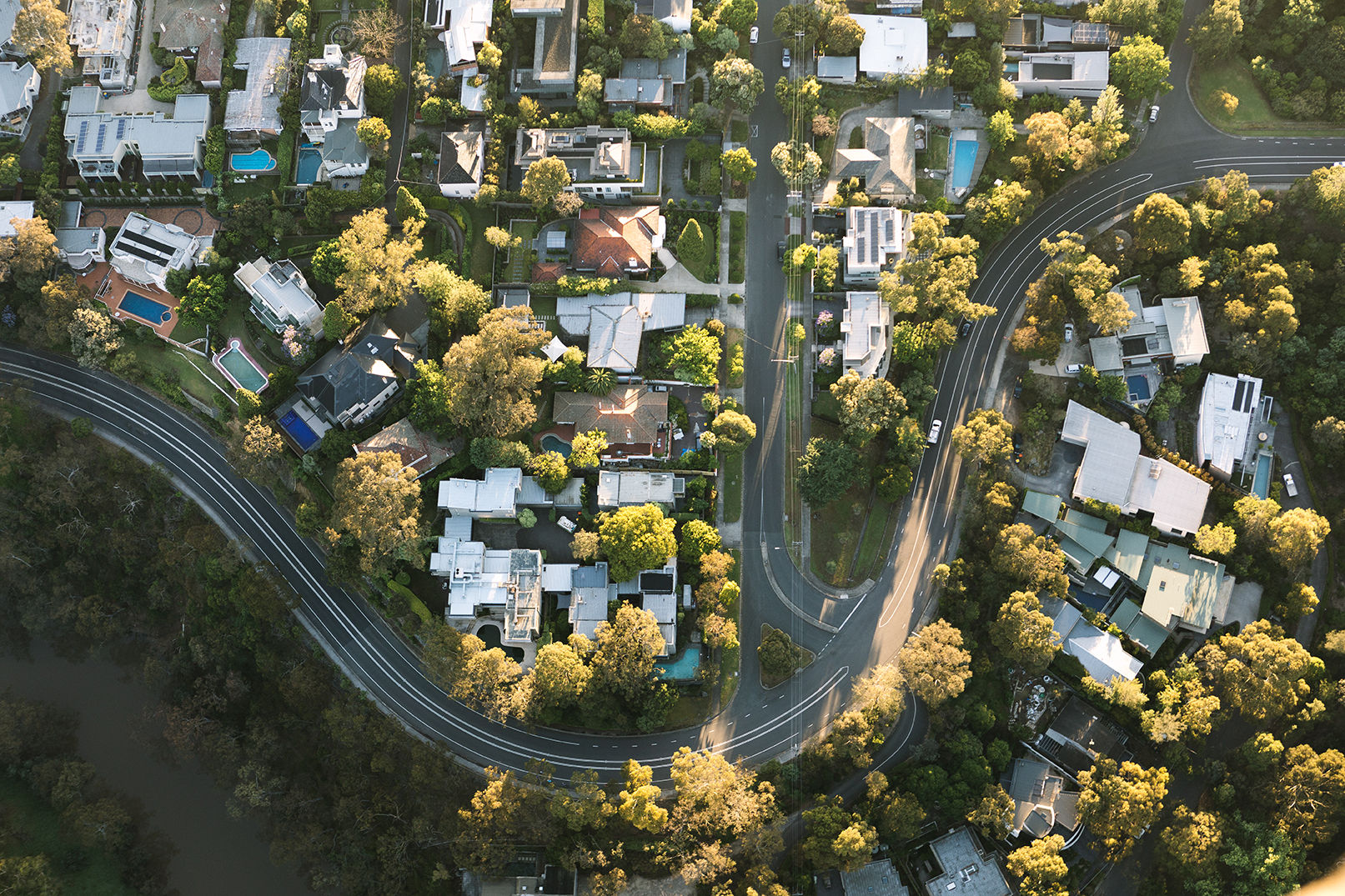With plenty of recent media reports around the Australian property market, the general consensus supports the trend of falling prices with the feeling that there is still some way to go. AMP Economist Shane Oliver predicts that Sydney and Melbourne are likely to see falls of around 20% (top to bottom) as credit conditions tighten, supply rises, and a negative feedback loop from falling prices risks developing.
With falling prices, many are worried about a property crash. There are many indicators that this is unlikely, however, the risk of a crash can’t be ignored. Banks may overreact and become too tight, investors could decide to exit in the face of falling returns, low yields and possible changes to negative gearing and capital gains tax.
After long-term growth, property prices are falling due to the following factors
- Affordability
- Mortgage rate increases out-of-step with Reserve Bank of Australia (RBA) increases
- Increased unit supply
- Tightened bank lending standards given pressure from regulators
- Decreased foreign demand due to regulatory changes
- Investors receiving low return from net rental yields
- Increased total debt servicing costs due to interest only borrowers switching to principal and interest over the next few years
With falling prices, many are worried about a property crash. There are many indicators that this is unlikely, however, the risk of a crash can’t be ignored. Banks may overreact and become too tight, investors could decide to exit in the face of falling returns, low yields and possible changes to negative gearing and capital gains tax.
What can individuals do?
Real house prices are expensive relative to income, rents, their long-term trend and by global standards. This has resulted in many struggling with mortgage stress. To alleviate this, a mortgage rate review can explore better debt structuring with lower interest rates.
Real house prices are expensive relative to income, rents, their long-term trend and by global standards. This has resulted in many struggling with mortgage stress. To alleviate this, a mortgage rate review can explore better debt structuring with lower interest rates.
At Prosperity, we let you know what your options are via an obligation free mortgage review. This ensures you’re getting a deal that works for your individual circumstances and that it’s market leading and competitively priced.
Interest rates are at record lows and in terms of the RBA cash rate that is true. The cash rate has remained at a record low of 1.5% since August 2016 however since then, many of us have seen our home loan interest rates increase by up to 25 and in some case up to 40 basis points.
On a $750,000 mortgage, potentially up to $3,000 per annum is now being made in additional repayments from after tax cashflow. It does a sound a little strange that an interest bill on a home loan is increasing when interest rates are at “record” lows.
The banks justify these increases due to capital constraints, cost of funds, regulatory changes to name a few, but as a consumer your query of am I getting a fair deal? is justified.
Importantly there is significant data to illustrate that the longer you stay with your funder, the greater the chance that your interest rate will be set higher than what that that same funder will charge for new business. In essence, this means your loyalty is penalised.
At Prosperity, we let you know what your options are via an obligation free mortgage review. This ensures you’re getting a deal that works for your individual circumstances and that it’s market leading and competitively priced.
Although you may not be able to influence the direction of the property market, you can take control of your finances by ensuring your exposure is competitively priced.
The Prosperity lending team has extensive networks with all the major financiers to access competitive rates. If you’d like to know more, contact Alex Warian who leads our Lending team on +61 2 8262 8756 or your principal adviser.


